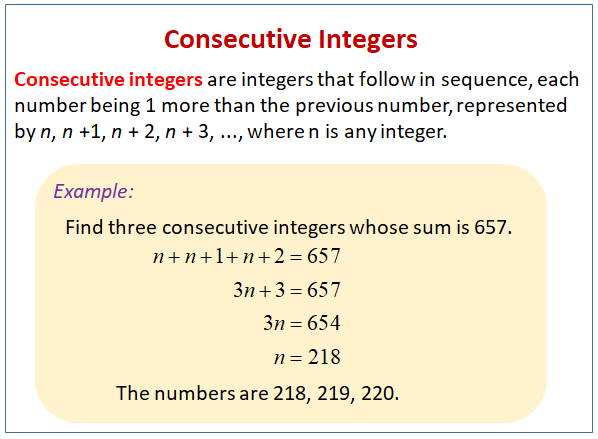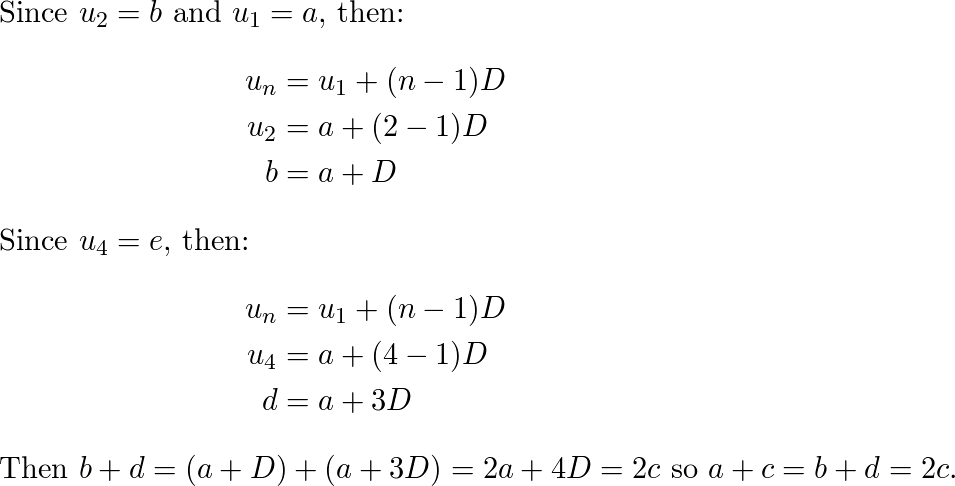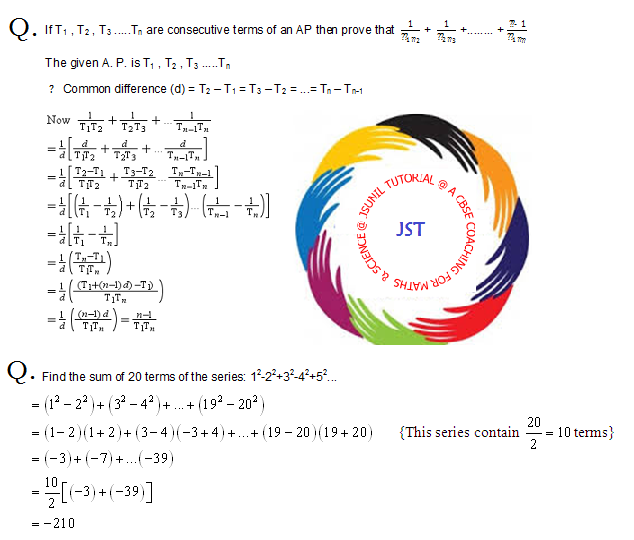If the sum of three consecutive terms of an increasing AP is 99 and the product of the first and third of these terms is 1025, then the third term is

The coefficient of two consecutive terms in the expansion of (1+x)^n will be equal, n is any integer.




















